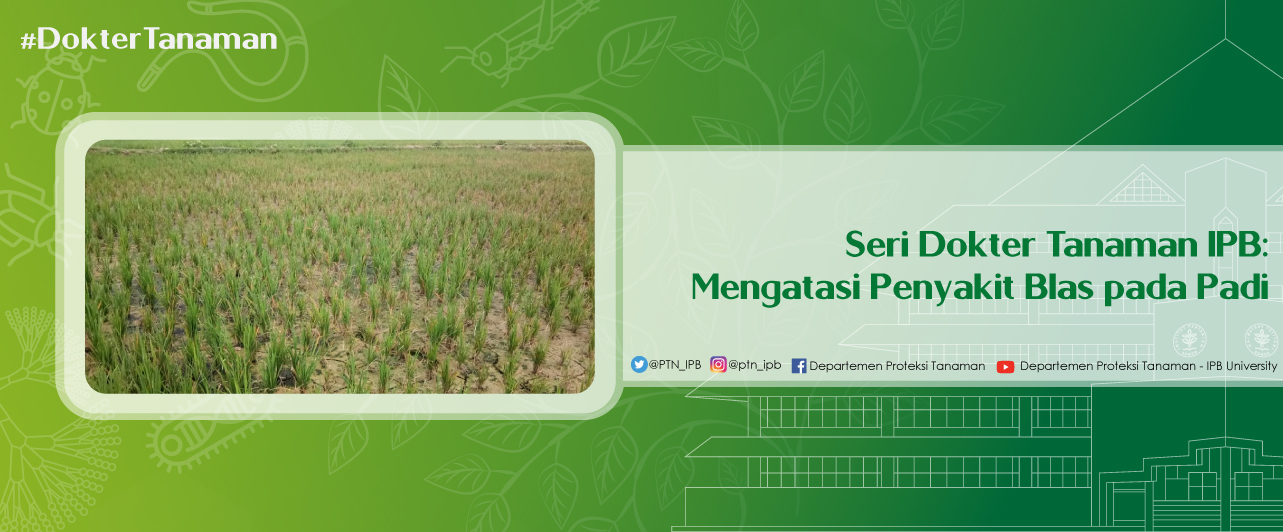
IPB Plant Doctor Series: Overcoming Blast Disease in Rice
Rice blast disease, for the last 10 years has become an important problem in lowland rice. Previously, this disease mostly attacked upland rice. Symptoms that appear can be in nurseries, young plants and panicled plants. In young plants, or nurseries, the characteristic spots are rhombus-shaped. But often the symptoms of the disease are not typical of a rhombus. Spots, as well as gray fleck bias also occurs.
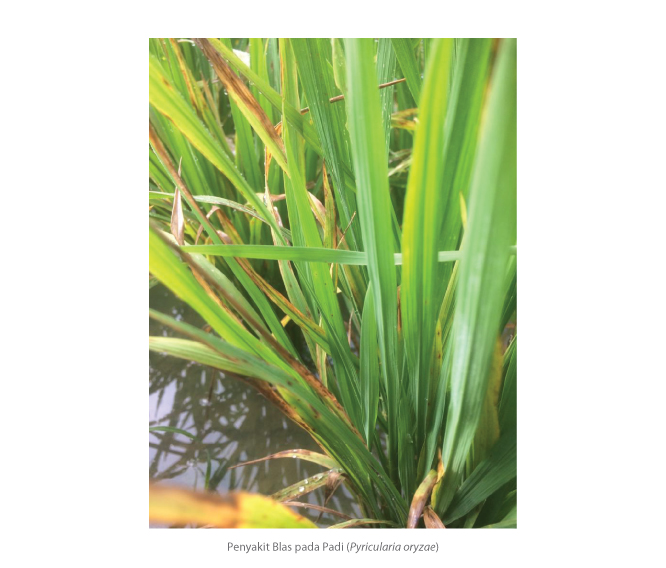
The disease is caused by the fungus Pyricularia oryzae. Pathogens can come from seeds, diseased plant residues or grasses around plants. In general, the pathogenic fungi cannot survive long in the soil, and cannot compete saprophytically with other microbes.
Transmission by wind. The influencing factors are variety, lack of potassium and silica, lack of water and plant stress due to herbicides. Due to the high genetic diversity of pathogens, blast-resistant varieties in one area may not be resistant in another. The relationship between drought and plant stress due to herbicides related to plant susceptibility to infection with blast pathogens has been investigated. In addition, the difference in the highest and lowest temperatures of an area also has an effect, the bigger the difference, the more it encourages a blast disease epidemic.
Control:
1. Straw is returned, multiply manure, green manure. Organic matter in addition to making the soil not easy to dry, also provides micro nutrients and microbial microbial substrates that are useful for plant growth and resistance to disease.
2. Strive for adequate potassium, both with artificial fertilizers such as KCl, as well as wood burnt ash, rubbing ash, husk ash.
3. Avoid the use of herbicides, as they increase susceptibility to blast.
4. Using PGPR, select isolates/strains that are proven to be effective. to strengthen plants.
5. Application of compost tea, especially on young plants, has a direct effect in the form of natural antifungal compounds, as well as microelements that strengthen plants.
Article by:
Dr. Ir. Suryo Wiyono, M.Sc.Agr
#DokterTanaman #DokterTanamanIPB #BlasPadi #PGPR #AgensHayati


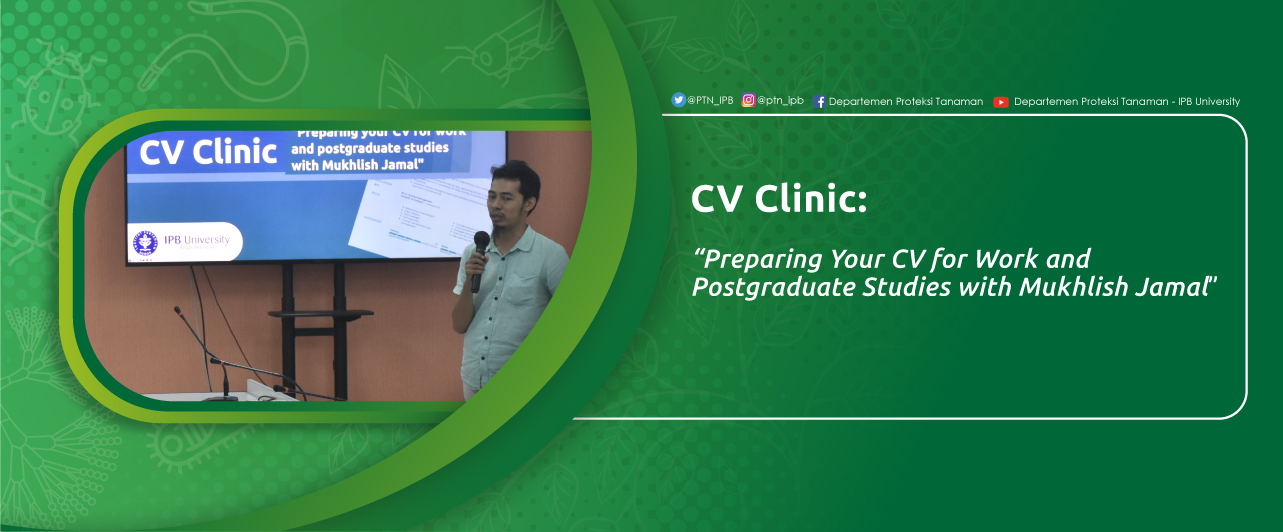
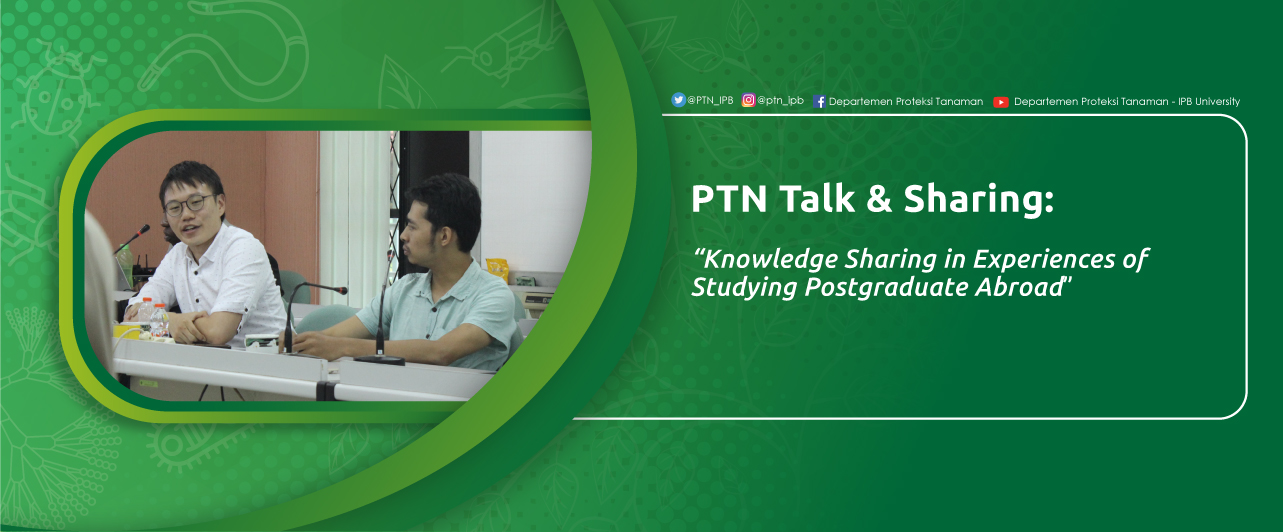
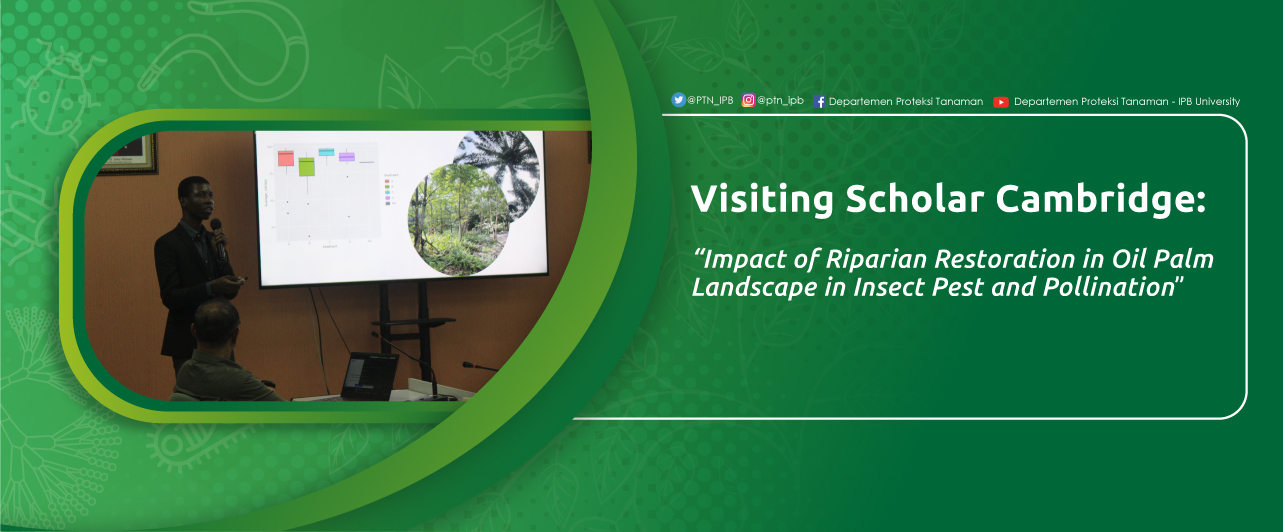

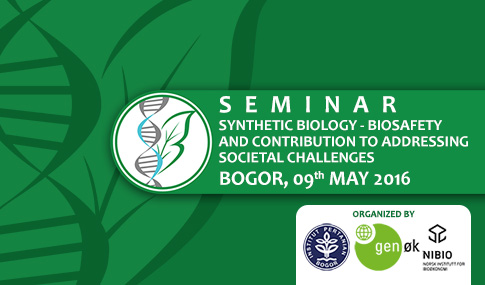
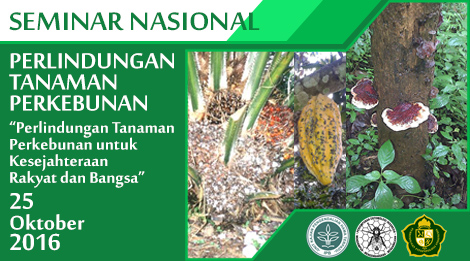

.jpg)